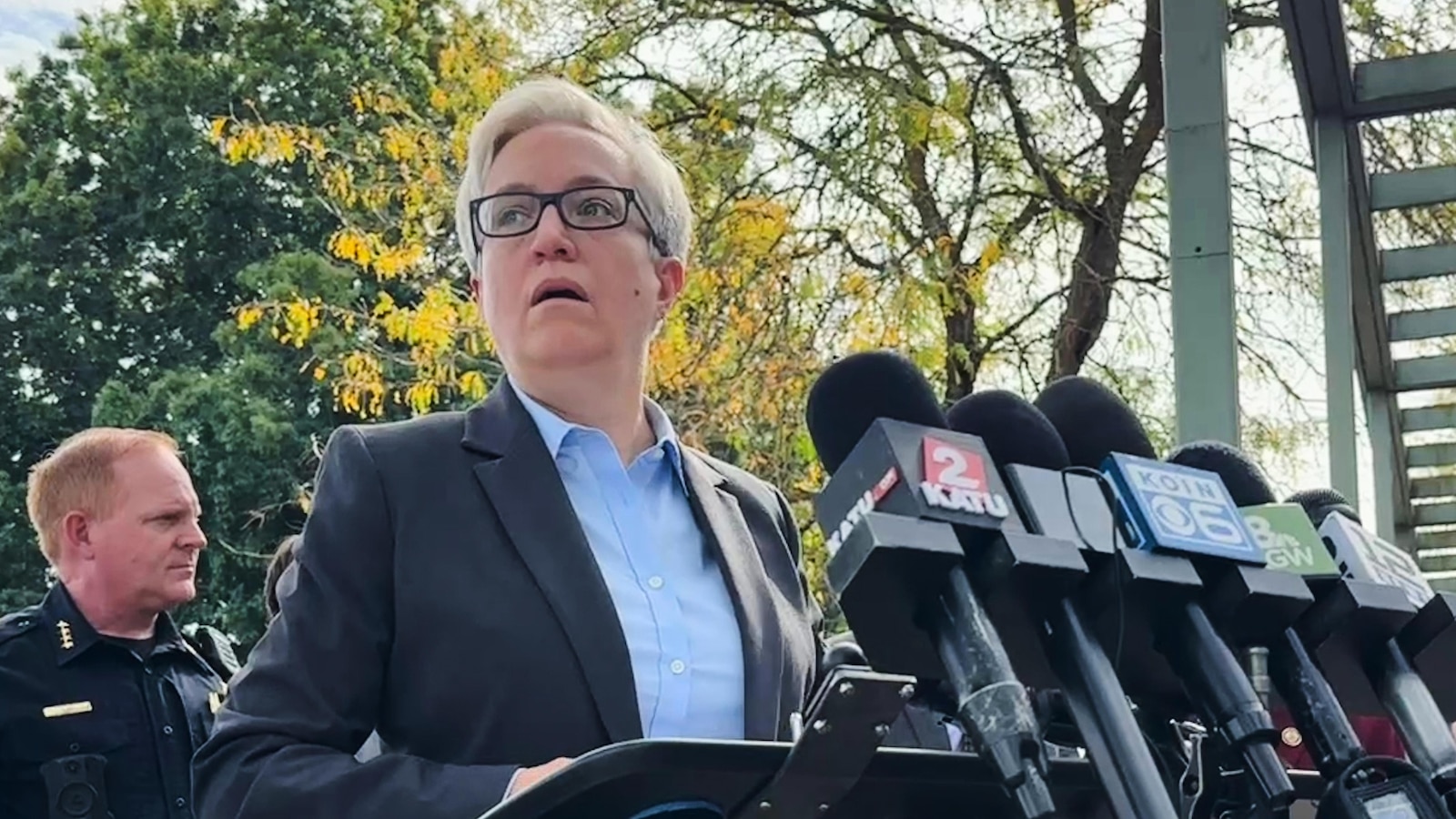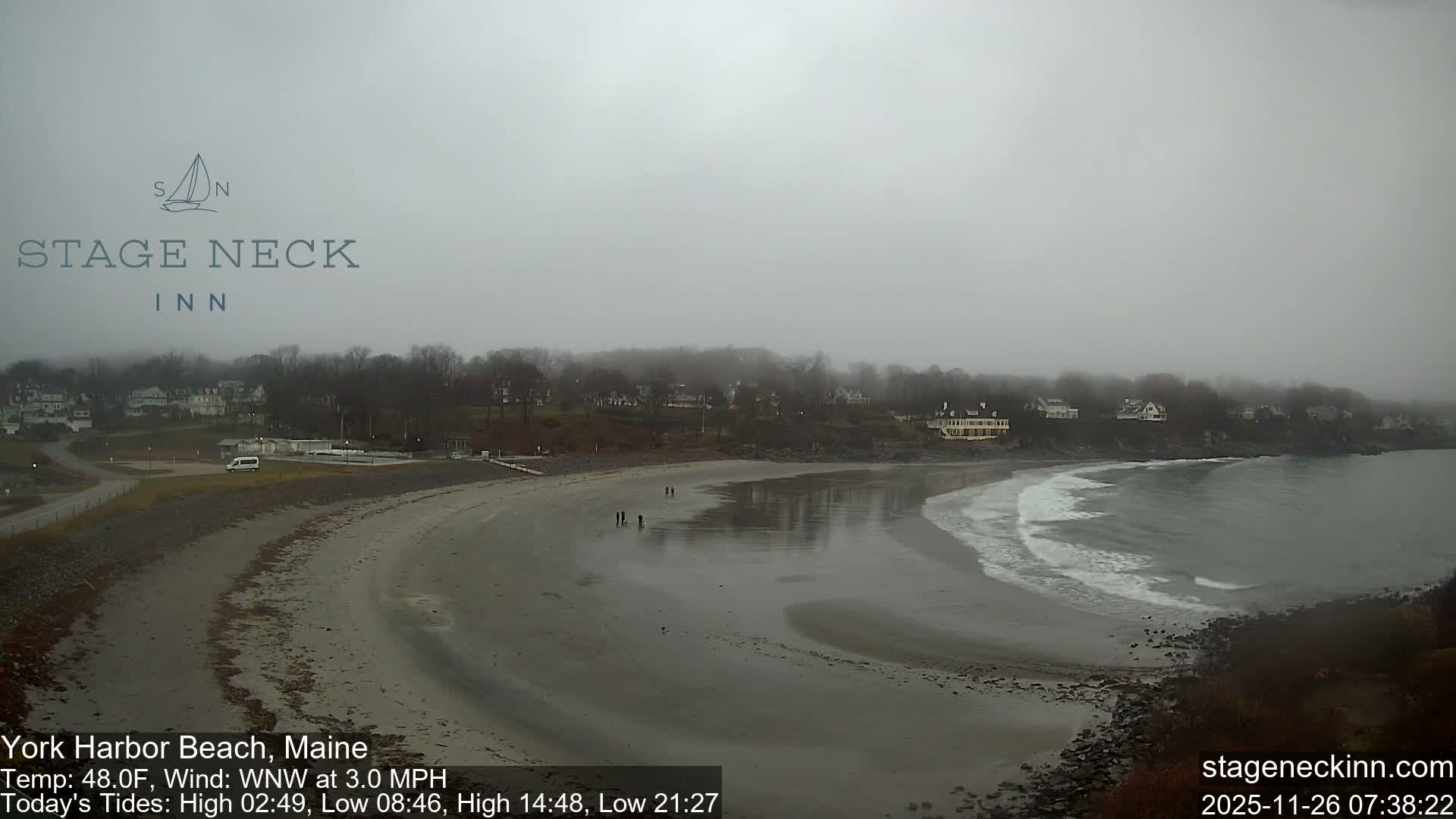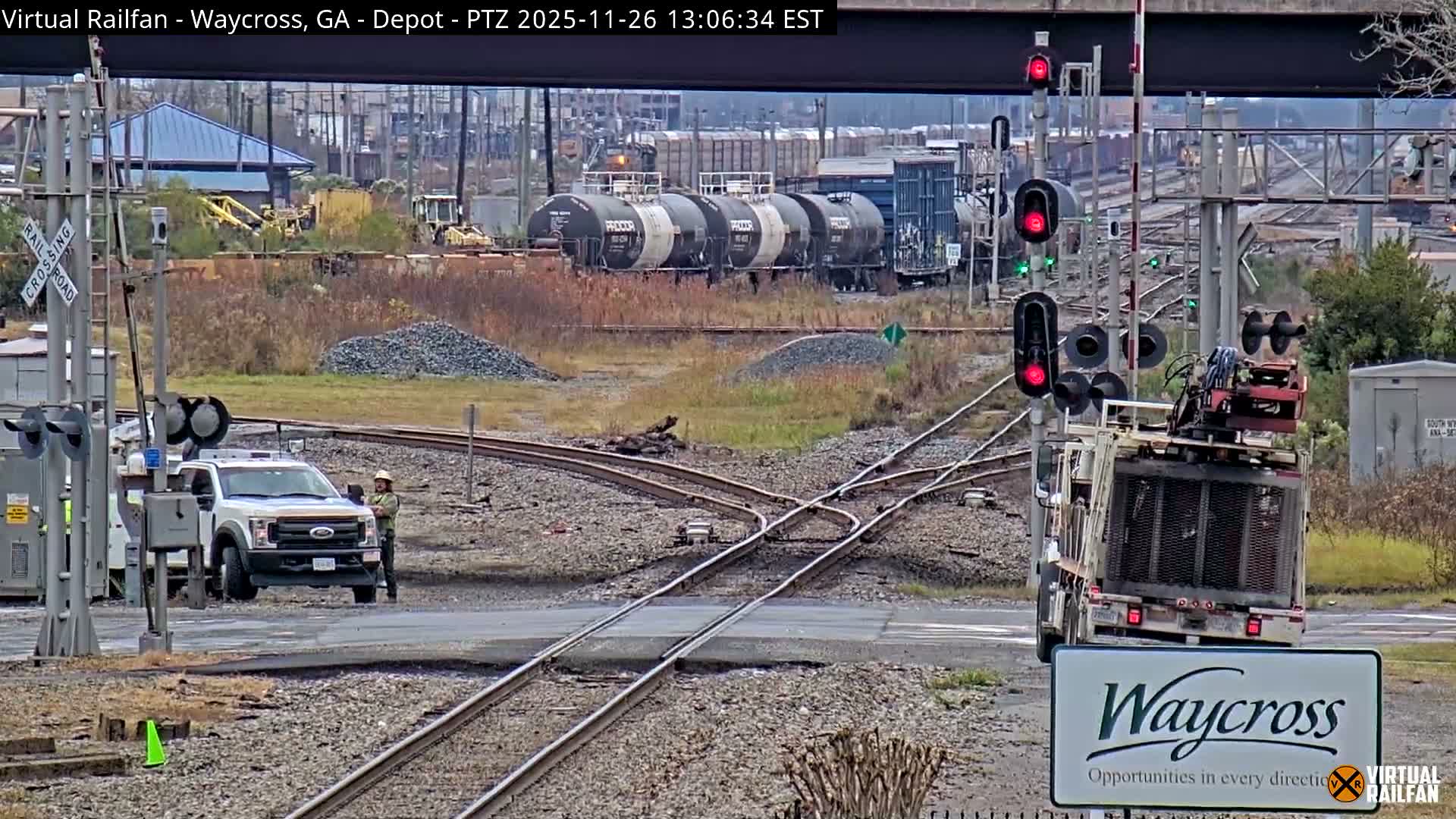Oregon Declares Emergency to Combat Fuel Shortages After Critical Pipeline Leak
Oregon Governor Tina Kotek has issued a state of emergency, a crucial step to safeguard the state's fuel supply following the unexpected shutdown of the Olympic Pipeline. This vital infrastructure, responsible for delivering over 90% of Oregon's fuel, has been offline for a week due to a reported leak, raising concerns just ahead of the busy Thanksgiving travel period.
Emergency Measures to Ensure Supply
The Governor's directive aims to maintain a steady influx of fuel by sea and road. A key measure includes temporarily waiving specific regulations that limit the operating hours for commercial drivers transporting fuel. This flexibility is intended to expedite deliveries and prevent potential shortfalls, ensuring that essential supplies continue to reach communities and businesses across the state.
Pipeline Repair Efforts Underway
The Olympic Pipeline, operated by BP, stretches from Washington into Oregon. Crews have been working tirelessly, excavating a 200-foot section (approximately 60 meters) of the 400-mile-long (644-kilometer) pipeline near Everett, Washington, in an effort to pinpoint and repair the leak. The initial report of the leak, combined with intermittent shutoffs earlier in the month, prompted the full shutdown, highlighting the pipeline's critical role in regional energy distribution.
Potential Price Hikes and Regional Impact
While Oregon officials are cautiously optimistic, stating they don't anticipate a widespread fuel shortage, even at critical hubs like Portland International Airport, they do warn consumers to prepare for potential price hikes. The alternative delivery methods, relying more heavily on ships and trucks, inherently incur higher costs, which could translate to increased prices at the pump for residents and businesses.
Meanwhile, the impact is already being felt in neighboring Washington state, where Governor Bob Ferguson had declared a similar emergency last week. Seattle-Tacoma International Airport is experiencing initial disruptions, with major carriers like Alaska Airlines and Delta Air Lines reporting some flight delays due to fuel scarcity. To mitigate this, airlines are making adjustments, directing planes to carry extra fuel or schedule stops for refueling. Tanker trucks are also being deployed to bolster supplies, showcasing a concerted effort to manage the crisis.
Broader Implications for Energy Infrastructure
This situation underscores the delicate balance of energy infrastructure and the significant ripple effects a single pipeline incident can have on regional economies and daily life, especially during peak travel seasons. Authorities in both states are coordinating efforts to restore full service and minimize inconvenience to the public, emphasizing the importance of resilient supply chains.







